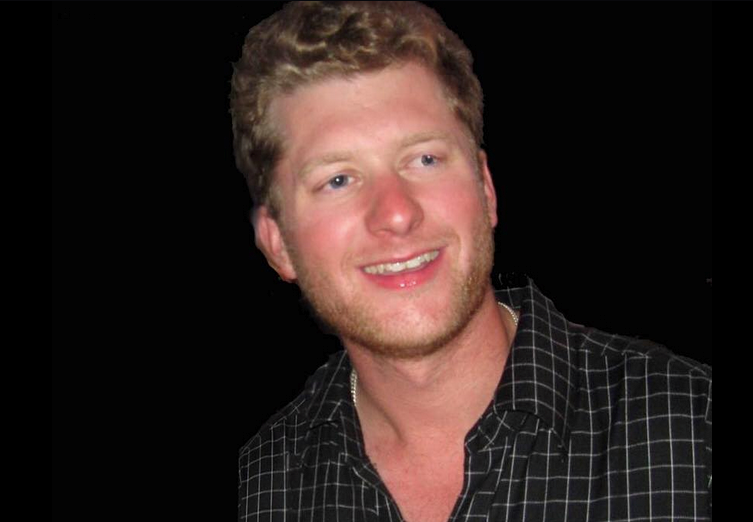B.C.’s police watchdog has ordered a judge-led investigation into the death of a Sechelt man beaten by Vancouver police in a Burnaby backyard on Aug. 13, 2015.
“The alleged misconduct in this case is serious and connected to a tragic loss of life, and there is meaningful uncertainty as to what happened,” Prabhu Rajan, head of the Office of the Police Complaint Commissioner, said Dec. 11. “In such circumstances, it is appropriate for the public to know that the best available evidence has been gathered, tested and considered before a final decision is made.”
Rajan is a civilian, independent officer of the legislature overseeing complaints, investigations and discipline involving municipal police in British Columbia.
A 2023 coroner’s inquest concluded Myles Thomas Gray’s death was a homicide.
Presiding coroner Larry Marzinzik’s report, after an inquest with a jury, said the 33-year-old died from a heart attack which complicated an arrest, during which he endured pepper spray, multiple blunt force injuries, neck compression, being handcuffed behind his back, and forced prone positioning.
Marzinzik stressed homicide was a neutral term not implying blame.
What happened?
Police had arrived due to complaints about Gray’s erratic behaviour. The first officer to arrive told the inquest she feared for her life. Then other officers arrived and attempts were made to subdue Gray.
Soon, Gray became unresponsive. Paramedics made efforts to revive him for about 31 minutes.
Marzinzik’s report said an autopsy revealed “blunt force injuries to Myles’s Gray’s head, face, neck, torso, arms, legs, and testicles that were consistent with the use of force outlined in the testimony of the involved officers.”
There were accusations that seven police officers abused their authority and that six engaged in neglect of duty.
The commissioner's office said that, at the conclusion of a disciplinary process in October of 2024, Delta police chief Neil Dubord, as an external discipline authority, found that seven Vancouver police officers (also called members) did not commit misconduct in the events that led to Gray’s death.
“He noted that the framework for discipline proceedings under the Police Act has inherent limitations that restricted the testing of evidence and arguments from respondent members,” the commissioner’s office said. “In this case, the discipline authority said that there were discrepancies and inconsistencies in member statements which did not have the benefit of cross-examination and the evidence before him was limited.”
In arranging a public hearing, the commissioner determined the proceedings would assist in "better understanding the truth of what happened and would allow for the best available evidence to be presented and tested in a transparent way before an independent adjudicator."
The public hearing will be led by retired B.C. Supreme Court Judge Elizabeth Arnold-Bailey.
What is a public hearing?
A public hearing is a new hearing of evidence and testimony concerning the conduct of a police officer led by independent public hearing counsel and presided over by a retired judge.
“It is not limited to the evidence and issues considered during the discipline proceeding,” the office said. “Witnesses may be called and subjected to examination and cross-examination.”
As well, family, and other parties, may be participants in the hearings, which are open to the public and media, unless restrictions are imposed by the adjudicator.
No hearing dates have been set.


